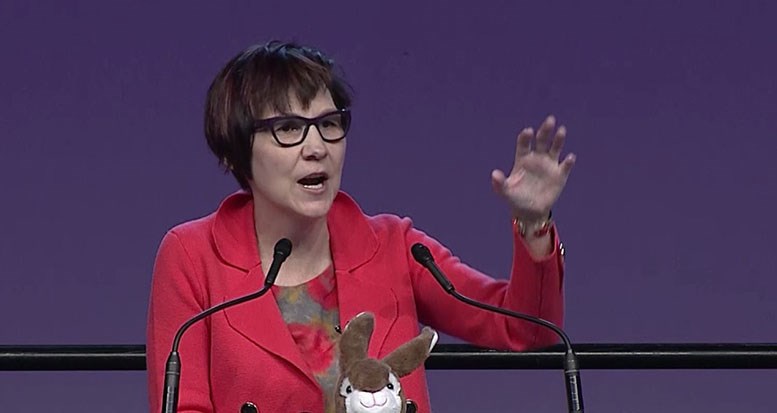(ANNews) – On January 4, 2022 the government of Canada announced that a settlement has been reached in-principle with First Nations after a decades-long court battle over the country’s child welfare system.
Last year, the Canadian Human Rights Tribunal (CHRT) ruled that Canada had discriminated against First Nations by forcibly removing children via the child welfare system and ordered the feds to pay $40,000 to each affected child.
The government initially appealed the ruling, while initiating negotiations for an agreement with the Assembly of First Nations (AFN) and other Indigenous entities.
The agreements in-principle concluded on New Years Eve, after months of negotiating.
The settlement also includes compensation for Indigenous people who were denied access to services under Jordan’s Principle’s “narrow” definition between Dec. 12, 2007 and Nov. 2, 2017.
Minister of Indigenous Relations, Marc Miller, said that “you can want reconciliation all you want, but it ain’t free.
“There’s a cost to it, but it’s an important one. And in this case, it’s an important step towards some sort of equality.”
The term in-principle means that while a general plan has been agreed upon between each party, the exact details of the settlement have yet to be established.
“This is the largest settlement in Canadian history, but no amount of money can reverse the harms experienced by First Nations children,” said Miller.
“However, historic injustices require historic reparations.”
“Equally important,” continued Miller, “the agreement on long term reform addresses the factors that lead to children being taken into care in the first place and makes sure that First Nations and child and family services agencies have stable and predictable funding to deliver the supports that are essential to keeping children with their families and communities.”
“The agreements in-principle we have signed today will support First Nations children so that they can have the same opportunities to grow up with their families and communities, thriving through their cultures and languages,” concluded Miller.
While the exact amount of money is yet to be determined, the Government earmarked $40 billion in their fall economic statement to cover the settlement — $20B for compensation and $20B to reform the current on-reserve child welfare system.
It is estimated that possibly 200,000 people are eligible for compensation. However, the deal is subject to approval by the CHRT and the Federal Court.
Cindy Blackstock, executive director at the First Nations Child and Family Caring Society of Canada, said that while the agreement in-principle is important, “These are simply words on paper.”
“We need to commit ourselves to keeping watch on the government of Canada and holding it accountable until it lands some of these things,” she said.
The Child and Family Caring Society of Canada, along with the AFN, filed the initial 2007 human rights complaint that began the talks of compensation and reparation.
The final decisions for the specifics of the agreement are going to be negotiated in the coming months, said the government.



